Authors: Mandy Moussouris and Lucien van der Walt
PDF file size: 357 KB
This chapter focuses on the potential of trade union education as a revolutionary force in society. It aims to provide a deeper understanding of types of union education in history and practice – primarily anarchist / anarcho-syndicalist education – which have either led to revolution or built a strong revolutionary culture, and to use these to evaluate critically the evolution of union education in South Africa from the late 1980s.
IN: Linda Cooper and Sheri Hamilton (eds.), Renewing Workers’ Education: Towards a Radical, Alternative Vision, HSRC Press: Cape Town, pp. 199-214.
Continue reading
![[Leaflet] Education for Revolution: Anarcho-Syndicalist Pedagogy for South Africa by Mandy Moussouris and Shawn Hattingh](https://zabalazabooks.net/wp-content/uploads/2021/03/leaflet-education-for-revolution-mandy-moussouris-shawn-hattingh.gif)
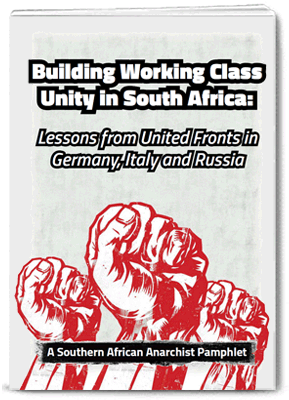
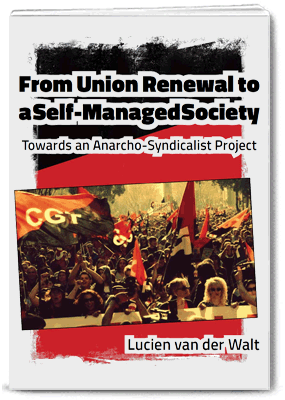



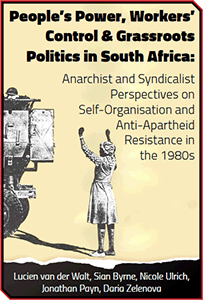
![[Poster] If you’re unemployed it’s not because there isn’t any work](https://zabalazabooks.net/wp-content/uploads/2017/04/poster-if-you-are-unemployed.gif)
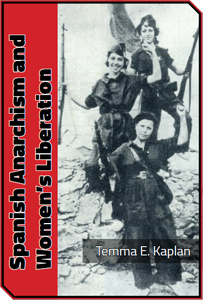 Author: Temma E. Kaplan | File size: 291 KB
Author: Temma E. Kaplan | File size: 291 KB Author: Jonathan Payn | File size: 360 KB
Author: Jonathan Payn | File size: 360 KB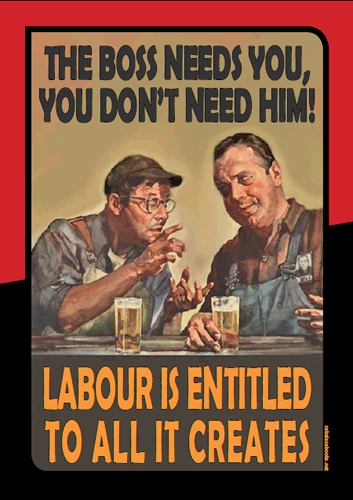
 Author: Various | File size: 430 KB
Author: Various | File size: 430 KB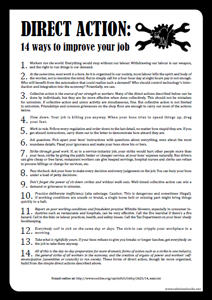 Author: Unknown | File size: 98 KB
Author: Unknown | File size: 98 KB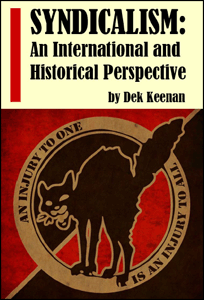 Author: Dek Keenan | File size: 330 KB
Author: Dek Keenan | File size: 330 KB